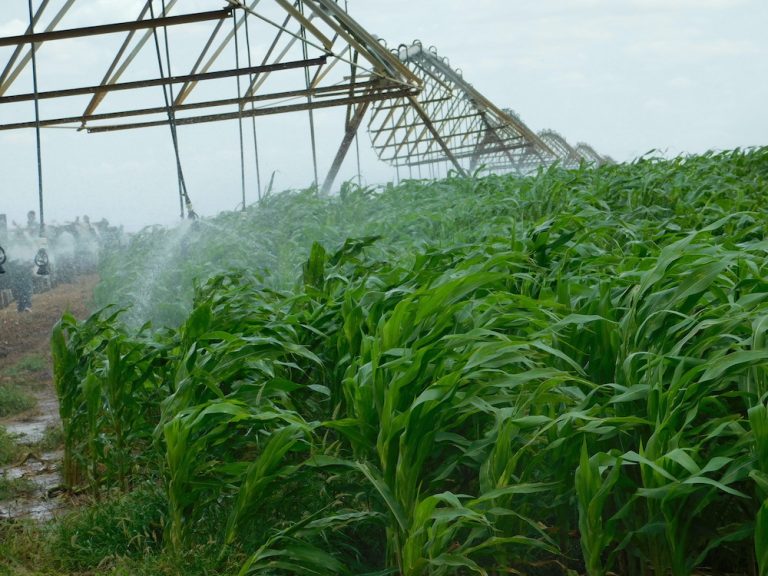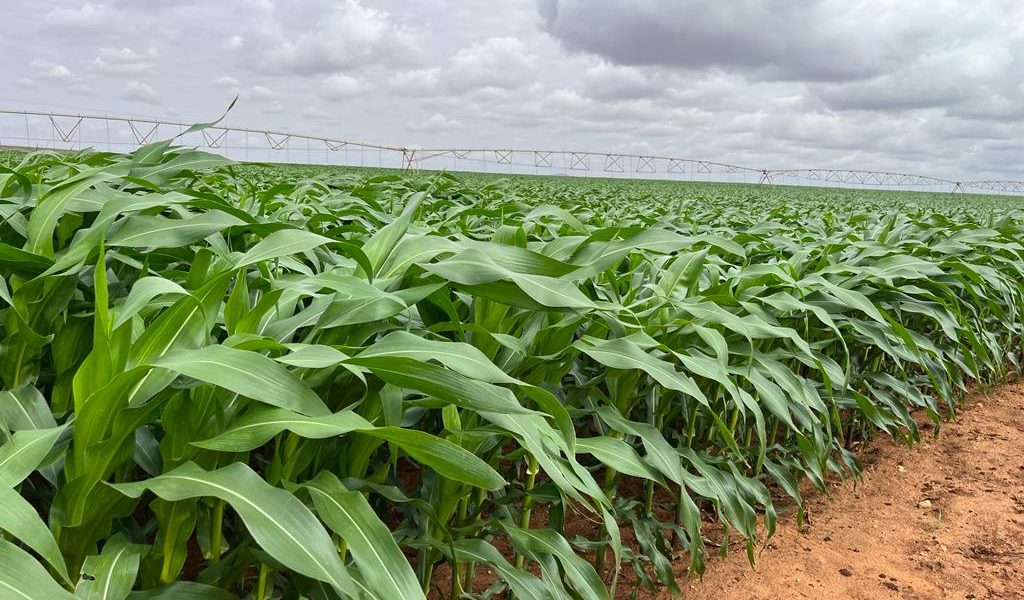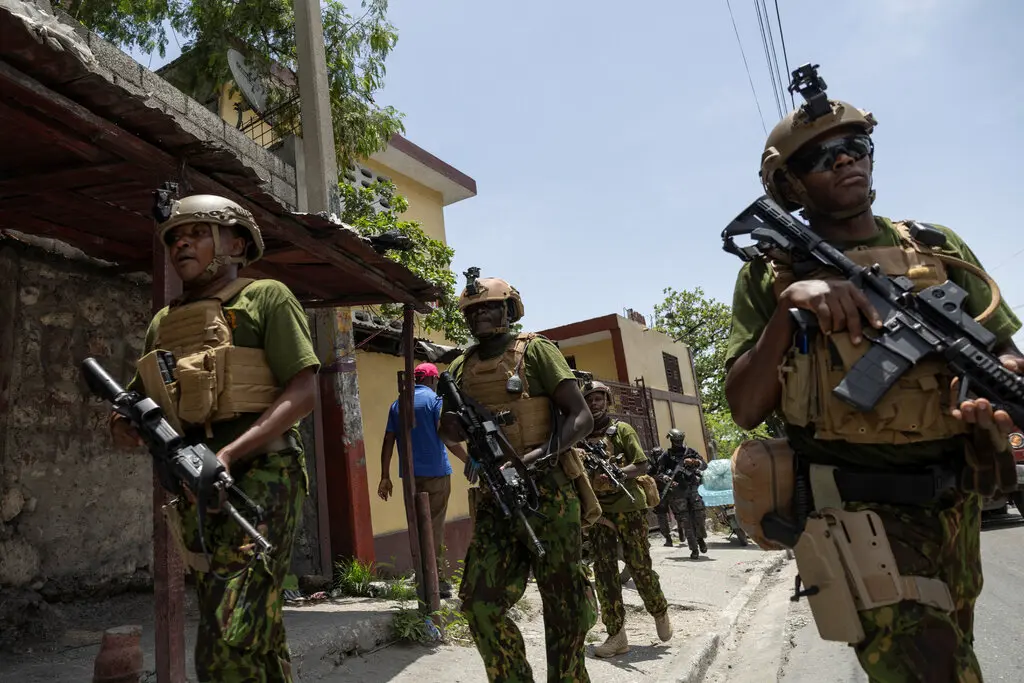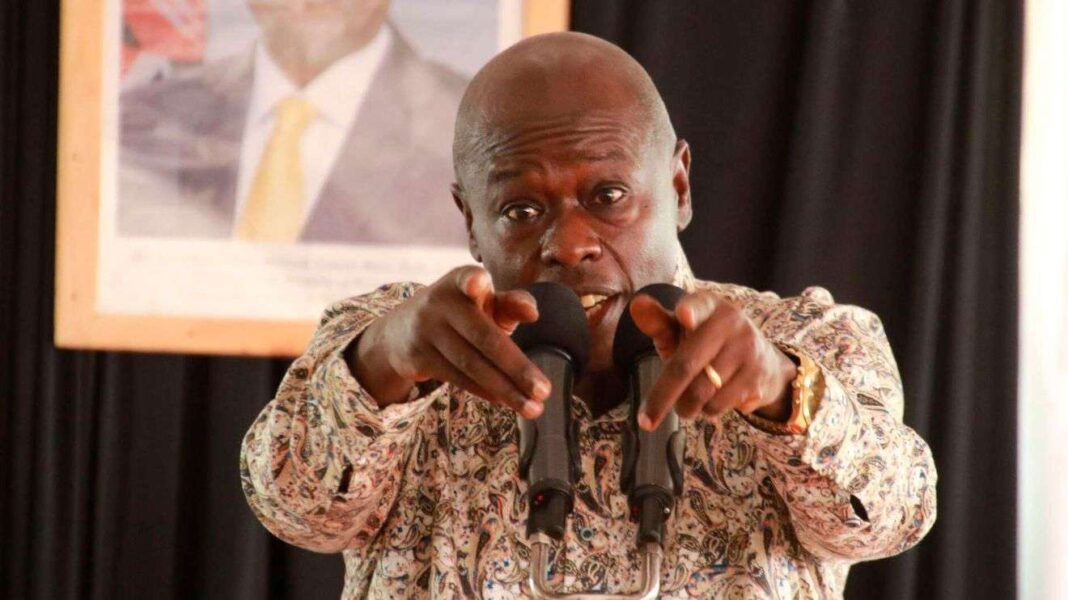Kenya has handed over 180,000 acres of the Galana Kulalu Block to Al Dahra, a powerful Abu Dhabi-based agricultural company, in what is being pitched as a game-changing move to turn the arid region into the country’s food basket.
Under a Ksh12.5 billion investment plan, the project promises massive irrigation expansion, modern storage facilities, and internal farm road networks.
Proponents say it will feed millions and create jobs, while critics warn it could repeat past failures and enrich foreign investors more than ordinary Kenyans.

Galana-Kulalu Project to Transform Agriculture in Kenya
The government signed a Memorandum of Understanding (MoU) with Al Dahra on August 8, 2025, marking a decisive step toward reviving the troubled Galana-Kulalu Food Security Project. The deal also ropes in the National Irrigation Authority (NIA) and the Agricultural Development Corporation (ADC) to oversee implementation.
Treasury Principal Secretary Chris Kiptoo confirmed that Al Dahra will conduct feasibility studies to turn 180,000 acres into diversified agricultural enterprises. The plan includes fodder production, meat value chains, and crop farming, backed by a 306 million cubic metre dam to provide gravity-fed irrigation to 200,000 acres through a 60-kilometre canal network.
Founded in 1995, Al Dahra operates more than 400,000 acres globally across the UAE, Egypt, Romania, Serbia, the USA, Namibia, and Morocco. Known for large-scale production of rice, maize, fruits, vegetables, and animal feed, the company brings decades of mechanised farming expertise to the table.
Kiptoo described the Galana-Kulalu Block as holding over 1.5 million acres of land suitable for irrigation, insisting that the partnership could raise farm incomes, boost foreign exchange earnings, and generate thousands of jobs. He argued that the public-private partnership (PPP) model is essential for mobilising private capital while avoiding strain on government coffers.
However, the announcement has stirred intense debate. Some agricultural policy experts welcome the investment, but others question whether Kenya is repeating the mistakes of earlier Galana-Kulalu attempts that left taxpayers with billions in sunk costs and little food to show for it.
Ksh12.5 Billion Plan to Boost Food Production
The Ksh12.5 billion investment from Al Dahra is earmarked for core infrastructure meant to prevent the project from collapsing under logistical and climatic challenges. Plans include:
- Construction of storage facilities to handle both harvests and animal feed
- Expansion of irrigation infrastructure to ensure consistent crop cycles year-round
- Internal farm road development to enable quick transportation of produce and inputs
If executed as promised, the system could dramatically reduce post-harvest losses and stabilise supply chains for key staples such as maize.
Kiptoo emphasised that success will depend on introducing modern farming techniques, diversifying crops, and integrating value chains to improve market access. “This is not just about producing food; it’s about building a sustainable agricultural economy,” he said.
Critics, however, warn that these promises have been made before. The original Galana-Kulalu Food Security Project, launched in 2014, was supposed to yield one million bags of maize annually but delivered only a fraction. Persistent issues included poor management, technical flaws in irrigation, and questionable procurement processes.
Balancing Foreign Investment and Local Interests
While the involvement of a global agribusiness giant like Al Dahra could introduce efficiency, the deal raises critical questions about sovereignty and long-term benefits for local communities.
Food policy analysts point out that leasing vast tracts of prime agricultural land to foreign companies often comes with hidden trade-offs, such as prioritising export crops over domestic food needs or displacing local farmers.
Kiptoo insists that the new arrangement has safeguards to ensure Kenyan farmers and communities benefit directly. Part of the feasibility study will assess opportunities for out-grower schemes, where local farmers can supply to Al Dahra’s processing and distribution networks.
Still, transparency advocates are urging the government to publish the full MoU, warning that opaque terms could lock Kenya into an unfavourable contract. “If this is truly about food security, then the public must see the details. Otherwise, history could repeat itself,” said one agricultural governance expert.
The government is betting that the Galana-Kulalu Project will finally deliver on its decade-old promise of making Kenya self-sufficient in staple crops. But as bulldozers move in and irrigation canals are dug, the real test will be whether this massive foreign-backed investment feeds Kenyan households—or simply fattens corporate profits.


